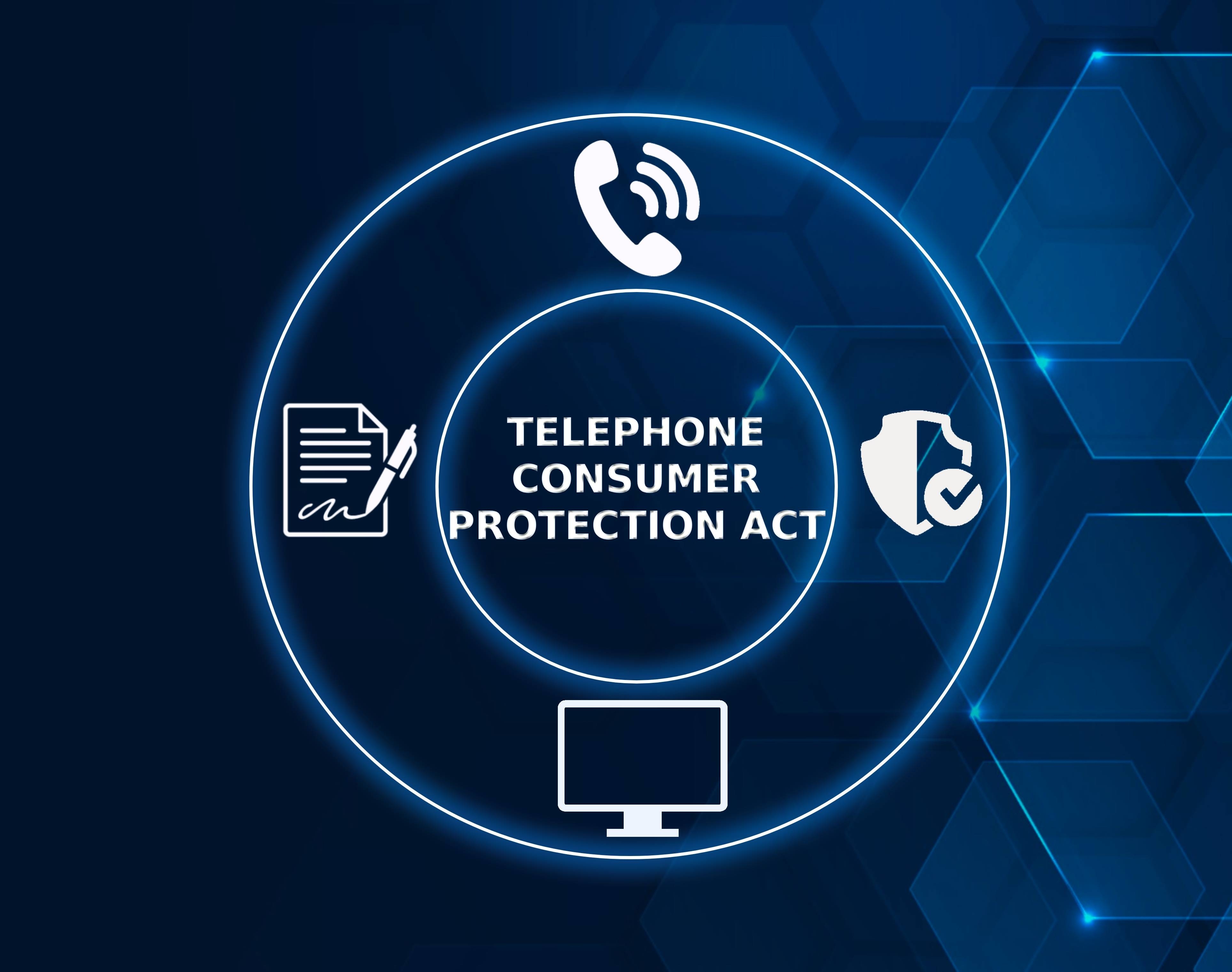
Understanding TCPA Compliance: A Comprehensive Guide for Businesses
In today’s digital age, businesses heavily rely on phone calls and text messages to reach their customers. However, this increased focus on mobile communication also brings the need for businesses to ensure compliance with the Telephone Consumer Protection Act (TCPA) to the forefront. The TCPA, which safeguards consumers from unwanted calls, automated messages, and unsolicited text messages, is not just a legal requirement but a crucial aspect of maintaining a business’s reputation and avoiding potential lawsuits and hefty fines.
This comprehensive guide is designed to provide you with the knowledge and strategies you need to navigate the complexities of TCPA compliance. By exploring the key provisions of the act, best practices for obtaining consumer consent, effective risk minimization strategies, and valuable resources, this guide aims to equip you with the tools to ensure your business’s compliance and protect it from potential legal and financial risks.
What is the TCPA, and What Does it Regulate?
The TCPA, enacted in 1991, regulates the use of automated telephone dialling systems (autodialers), prerecorded voice calls, and commercial text messages sent to wireless phone numbers. Here’s a breakdown of the key regulations:
- Autodialers and Prerecorded Calls: Businesses cannot use autodialers or prerecorded voice messages to contact consumers without their prior express written consent. This includes calls using artificial intelligence or robocall technology.
- Text Messages: Similar to prerecorded calls, sending commercial text messages to wireless phone numbers requires prior express written consent from the consumer.
- Do-Not-Call Registry: The TCPA allows consumers to register their phone numbers on the National Do Not-Call Registry (DNC). Businesses are prohibited from contacting consumers on the DNC list unless they have a pre-existing business relationship or written consent.
Obtaining Consumer Consent: The Cornerstone of TCPA Compliance
TCPA compliance hinges on obtaining verifiable consumer consent for calls and text messages. Here’s what you need to know:
- Express Written Consent: The TCPA mandates “prior express written consent,” meaning consumers must give their explicit authorization through a written document, email, or text message.
- Clear and Conspicuous Language: The consent language must be clear and unambiguous, specifying the nature of the messages the consumer is agreeing to receive.
- Revocation of Consent: Consumers have the right to revoke their consent at any time. Businesses must have a readily accessible method for consumers to opt-out, such as a specific unsubscribe keyword for text messages.
Best Practices for Minimizing TCPA Risks
Mitigating the risks associated with TCPA compliance is crucial. Here are some best practices to follow:
- Develop a Comprehensive TCPA Compliance Program: Implement a well-defined program that outlines your consent acquisition procedures, record-keeping practices, and how you handle consumer opt-outs.
- Train Your Staff: Educate your sales and marketing teams on TCPA regulations and best practices for obtaining consent and handling consumer interactions.
- Invest in TCPA-Compliant Technology: Utilize technology solutions that help verify consumer consent, manage opt-out requests, and ensure you don’t contact numbers on the DNC list.
- Maintain Accurate Records: Keep detailed records of consumer consent, including the date, time, and method used to obtain it. This documentation is essential to defend yourself in case of an audit or lawsuit.
Staying Up-to-Date with TCPA Regulations
The TCPA landscape is constantly evolving, with new rulings and interpretations emerging from the Federal Communications Commission (FCC). Here’s how to stay informed:
- Subscribe to FCC Updates: Sign up for email alerts from the FCC to receive notifications on new TCPA rulings, interpretations, and enforcement actions.
- Consult with TCPA Compliance Experts: Consider seeking guidance from legal professionals or TCPA compliance service providers to ensure your practices align with the latest regulations.
- Monitor Industry Resources: Stay updated on industry news and publications that address current trends and challenges in TCPA compliance.
Conclusion:
TCPA compliance is an ongoing process that requires vigilance and commitment from businesses. By understanding the regulations, implementing best practices, and staying informed about changes, you can minimize risks and ensure your communication methods are ethical and legal.
Resources:
- Federal Communications Commission (FCC) TCPA webpage: https://www.fcc.gov/tags/telephone-consumer-protection-act-tcpa
- National Do Not Call Registry: https://www.donotcall.gov/
- Interactive Marketing Solutions (IMS): https://www.ims-dm.com/ (Provides TCPA compliance solutions and resources)
By following these guidelines and utilizing the provided resources, you can ensure your business operates within the boundaries of TCPA compliance and fosters positive customer relationships through responsible communication practices.
